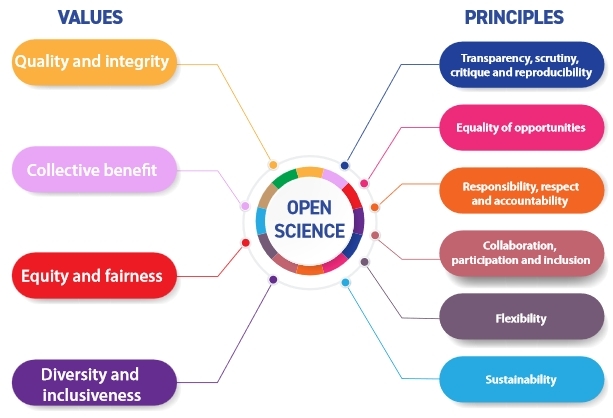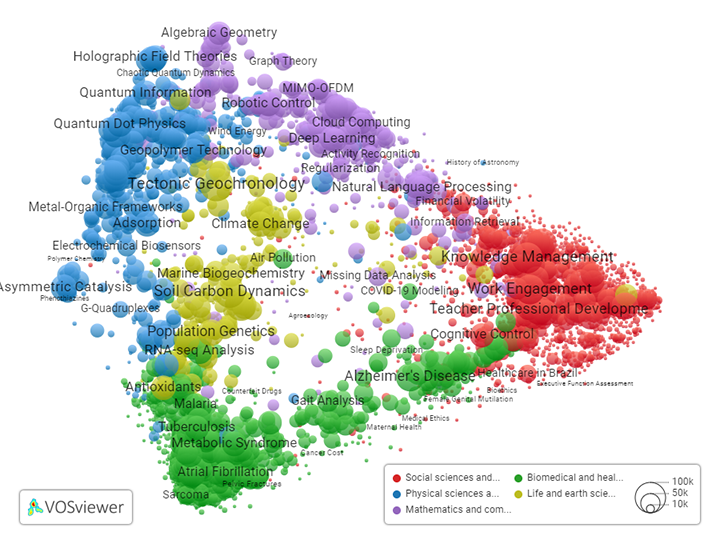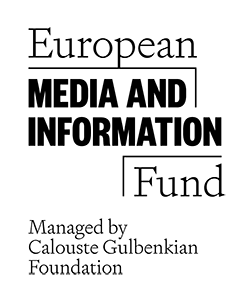
The social media landscape is so different today from when I started participating around 2011. Things change, and that is okay — when the old dies, it becomes the compost for something new. For me, something new sprouted from Twitter's compost beyond just joining Mastodon: I am taking over as the admin for the Mastodon server akademienl.social.





